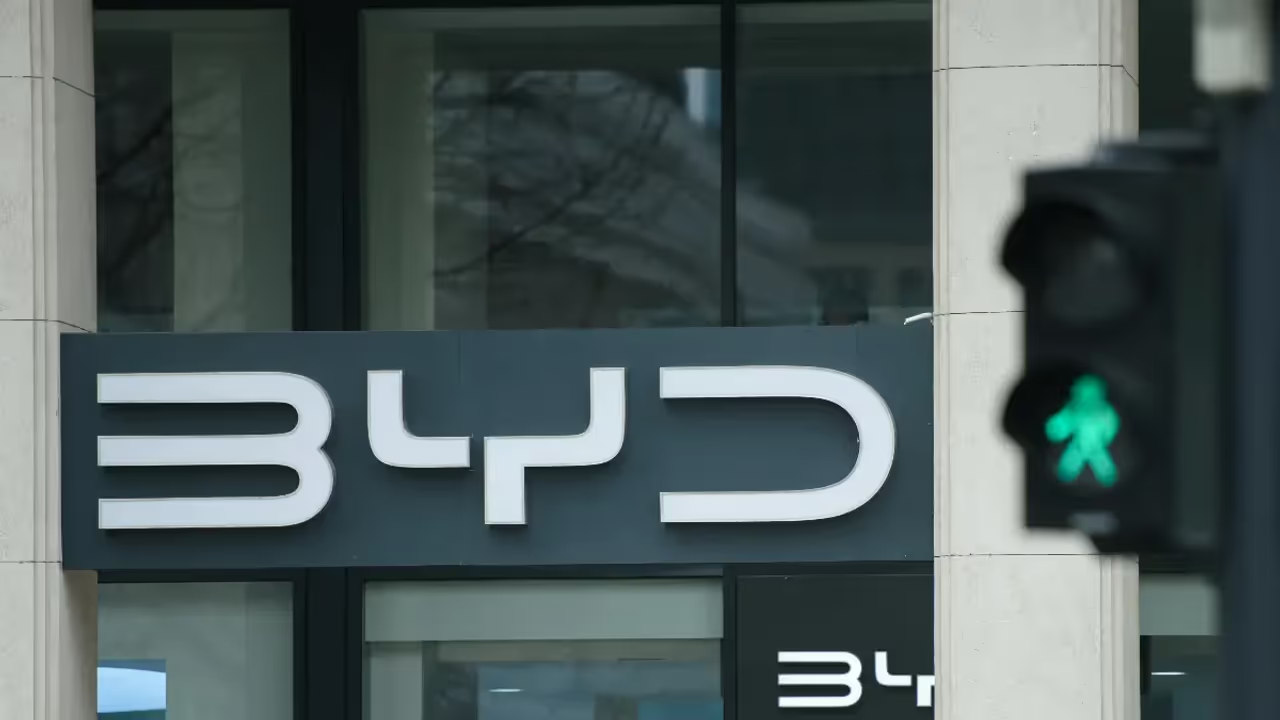The large-scale audit reviewed over 75,000 vehicles and highlighted growing regulatory pressure on China’s auto sector, especially as Beijing targets fraud linked to its defunct EV subsidy program.
China’s industry ministry has flagged two major automakers, BYD and Chery, for claiming electric vehicle subsidies they weren’t eligible for.

The companies together sought over 864 million yuan ($121 million) between 2016 and 2020, Bloomberg reported.
Chery reportedly applied for 240 million yuan tied to nearly 8,800 vehicles that didn’t meet the criteria, while BYD’s claims for around 4,900 cars worth 143 million yuan were also disqualified.
The violations came to light in a large-scale audit conducted earlier this year, which reviewed over 75,000 vehicles from dozens of manufacturers, marking a sharp increase compared to earlier, narrower audits.
Disqualifications were primarily due to missing operational data or vehicles falling short of required mileage thresholds.
It’s still not clear whether the companies will have to return the funds or if the amounts have already been deducted.
The audit comes as Beijing steps up oversight of the auto sector, aiming to curb fraud and address distortions created by its now-ended EV subsidy program.
Authorities are also probing concerns about “zero-mileage used cars” — brand new vehicles booked as sales but dumped into the second-hand market to exploit rebates.
China’s decade-long national EV subsidy program, launched in the early 2010s, granted up to 60,000 yuan per vehicle and has faced past abuse.
A 2016 report cited as much as 9.3 billion yuan in fraudulent claims.
The iShares China Large-Cap ETF (FXI) has surged 22.2% so far in 2025, while the iShares MSCI China ETF (MCHI) is up 19.5%, outpacing the SPDR S&P 500 ETF (SPY), which has gained 7% year-to-date.
On Stocktwits, sentiment was ‘bullish’ for FXI, ‘bearish’ for MCHI and SPY, while message volume was ‘high’ for FXI and MCHI and ‘normal’ for SPY.
For updates and corrections, email newsroom[at]stocktwits[dot]com.<
